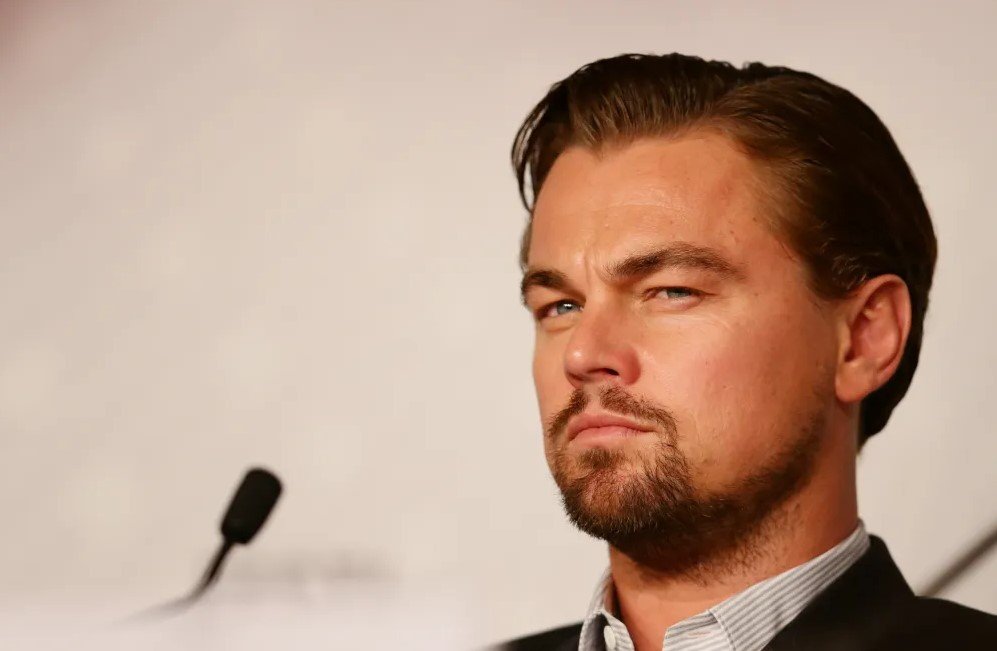Leonardo DiCaprio is a name synonymous with exceptional talent and dedication to the craft of acting. His career, spanning over three decades, showcases a remarkable evolution from a young heartthrob to a critically acclaimed powerhouse who consistently takes on challenging and diverse roles. Each character he inhabits brings a distinct depth, energy, and charisma that captivates audiences and solidifies his place in cinematic history. This article delves into some of the most iconic roles of Leonardo DiCaprio, exploring how each performance contributes to his legacy as one of the greatest actors of our time.
Early Career Highlights
DiCaprio’s rise to stardom began in the early ’90s with television appearances, but it was his role in 1993’s “What’s Eating Gilbert Grape” that showcased his incredible range. Playing the mentally challenged brother of Johnny Depp’s character, DiCaprio earned his first Academy Award nomination for Best Supporting Actor at just 19 years old. This performance not only highlighted his extraordinary talent but also established DiCaprio as an actor capable of tackling complex and sensitive roles.
Following this breakthrough, DiCaprio starred in “The Basketball Diaries” (1995), where he portrayed the struggles of a young man battling addiction. The film illustrated his versatility as an actor, showcasing his ability to delve into darker themes while still maintaining a relatable character. It was clear that Leonardo DiCaprio was destined for greatness.
Titanic: A Defining Moment
No discussion of Leonardo DiCaprio’s career would be complete without mentioning “Titanic” (1997). Directed by James Cameron, this epic love story catapulted DiCaprio to global superstardom. Playing the charming and impoverished artist Jack Dawson, DiCaprio captured the hearts of millions and became a cultural icon. The film’s unprecedented success not only solidified his status as a leading man but also highlighted his ability to balance charisma with emotional depth.
The impact of “Titanic” extended beyond box office success; it marked a turning point in DiCaprio’s career, allowing him to choose more meaningful and challenging roles in the years to come. The tragic love story and the doomed voyage served as a backdrop for DiCaprio to showcase his skill in stirring deep emotional responses from audiences, further establishing his reputation as a serious actor.
The Transformation into a Character Actor
As the 2000s unfolded, DiCaprio began to embrace more complex and diverse roles. In 2002, he starred in “Catch Me If You Can,” where he played the real-life con artist Frank Abagnale Jr. This film showcased his ability to weave charm and vulnerability into a character that was both fascinating and flawed. The collaboration with director Steven Spielberg also marked a pivotal moment, as DiCaprio began to align himself with visionary filmmakers who shared his passion for storytelling.
In “Gangs of New York” (2002), directed by Martin Scorsese, DiCaprio pushed his craft even further, diving into the historical narrative set against the backdrop of 19th-century New York. His portrayal of Amsterdam Vallon demonstrated his commitment to the role and his ability to embody complex characters shaped by their pasts. This partnership with Scorsese would become a defining aspect of DiCaprio’s career, leading to multiple collaborations that culminated in award-winning performances.
The Oscar Journey
DiCaprio’s pursuit of an Academy Award became a notable aspect of his career narrative. After several nominations throughout the years, he finally took home the Oscar for Best Actor for his role in “The Revenant” (2015). This film required him to push his physical and emotional limits as he portrayed frontiersman Hugh Glass, who is left for dead after a bear attack. The dedication shown in this role, including extensive physical challenges and grueling conditions during filming, highlighted DiCaprio’s unwavering commitment to authenticity in his work.
His Oscar win was not just a personal triumph; it represented a moment of recognition for years of hard work and transformative roles that had captivated audiences. The long-awaited accolade solidified his place among Hollywood’s elite, proving that perseverance in the pursuit of excellence pays off.
A Commitment to Environmental Causes
Beyond acting, Leonardo DiCaprio’s influence extends into environmental activism. He has used his platform to advocate for climate change awareness and conservation efforts. Through his foundation, he supports numerous initiatives aimed at protecting the Earth’s ecosystems and fighting for sustainable practices. This commitment mirrors the passionate and relentless characters he portrays, making him a role model both on and off the screen.
In numerous interviews, he emphasizes the importance of using fame as a tool for good, inspiring younger generations to take responsibility for the planet. His dedication to activism complements his acting career, showing that a true icon can influence both the arts and real-world change.
Recent and Upcoming Projects
DiCaprio continues to push boundaries with each new role. Films such as “Once Upon a Time in Hollywood” (2019) showcase his ability to portray complex characters in unique narratives. His collaboration with Quentin Tarantino allowed for a fresh take on Hollywood’s golden era, with DiCaprio’s performance as actor Rick Dalton displaying vulnerability layered with ambition and regret.
As he moves forward, audiences eagerly await future projects that promise to challenge and engage. With each character he takes on, DiCaprio reaffirms his status not only as a talented actor but also as a dynamic storyteller, giving life to narratives that resonate deeply with viewers.
Conclusion: A Legacy Built on Diverse Roles and Impactful Stories
Leonardo DiCaprio’s career is defined by his commitment to diverse and challenging roles, from his early breakthrough to his Oscar win and environmental activism. He captivates audiences with his talent and passion for storytelling, continually immersing himself in his characters. DiCaprio’s legacy extends beyond his impressive filmography, reflecting his impactful work both in front of and behind the camera. As he evolves as an artist, his contributions to cinema and activism inspire us, solidifying his place as one of the greatest actors of our time.
